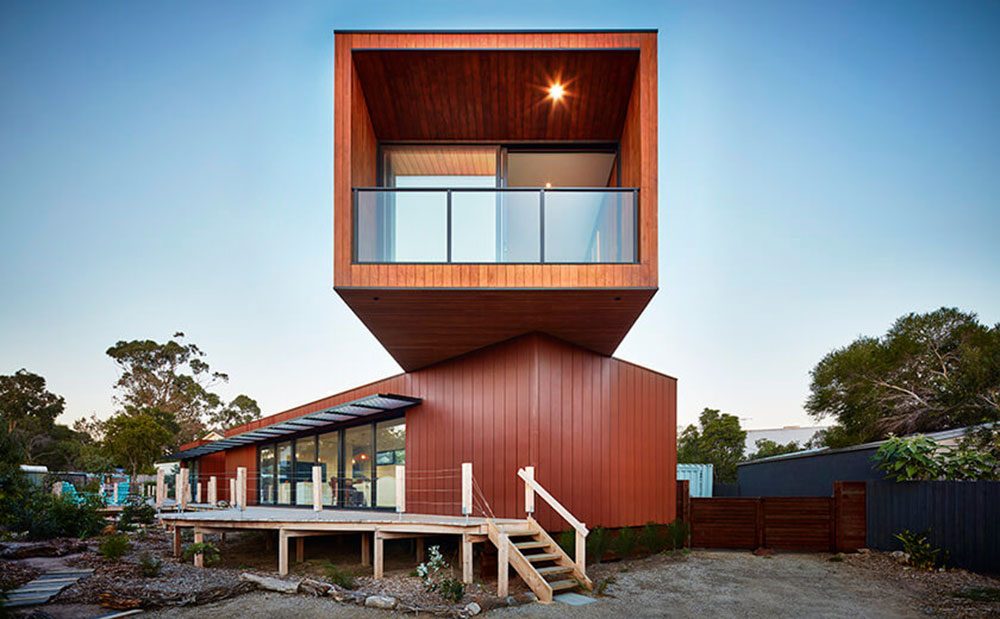Modular homes: the encouraging future for the UK construction
The final product is very similar looking to the current buildings but with the difference that 80% of the job is done offline

Modular houses, the solution to bring the construction industry alive
One option that could bring the construction industry to live is modular homes. Instead of being built on-site with bricks and concrete, all the sections of a house can be manufactured in a factory, shipped to their location and then assembled together. The final product is very similar looking to the current buildings but with the difference that 80% of the job is done offline.
Manufactured homes offer a new way to delivering more buildings, including homes, schools and hospitals. Chancellor Philip Hammond said the state will use its power to boost the adoption of this technology by 2019, through the Ministry of Transport, Justice, Health or Defence.
“We cannot deliver the infrastructure we need with the model we have today, there just isn’t enough capacity,” explains Kenny Ingram, global industry director for IFS. “It’s the reason why the government mentions modular homes in every second sentence at the moment, it doesn’t help that there are labor and skills shortages as well.”
Getting on-board with modular houses

“We are looking at the biggest change in 100 years,” states Mr Ingram. “It’s been talked about for a long time, but now there’s real momentum and we’ve seen a greater number of companies come and talk to us about this.”
However, the UK construction industry is moving slowly into the 21st Century, embracing new technologies and tools (like BIM) and changing the business process. Whether the productivity has barely changed in 25 years, in the manufacturing sector has doubled in this time.
The main benefits of the modular houses
“The market is now catching up. There are benefits to building modular homes, 50 percent reduction in time, lower labor costs, fewer materials, which means lower overall costs. There are now quite a few factories where these modular homes can be built.”
Nevertheless, the investment in offsite manufacturing is still in a very early stage. One of the reasons could be the high capital costs and a lack of a strategy for the companies that want to invest. Even with the initiative of the government, encouraging modular construction and other solutions like BIM, there's still a missing will to become mandatory.
The UK government could be the key to the implementation of the modular construction
If the government created a solid pipeline of work on modular manufacturing, there is a change that major industry players would invest in factories that could generate the buildings and the infrastructure of the future.

“The government will force the issue in time. The issue is that the construction industry is still working on the same platforms as it ever has. Many companies don’t know how to manufacture. Shipping and logistics will also be part of this new picture. Many traditional firms just don’t have business systems that support these capabilities,” says Mr Ingram. “We have solutions that works with construction, manufacturing and logistics. That’s why people are listening to us. The fact is the disruption will come, maybe not from construction, but from other sectors. Insurance companies, manufacturers, even Amazon are looking into this.”
Construction could become the next economic sector to be disrupted after tech-driven solutions from transport like Tesla or Airbnb.
Source: https://www.raconteur.net/business-innovation/modular-homes-future-housing?platform=hootsuite












